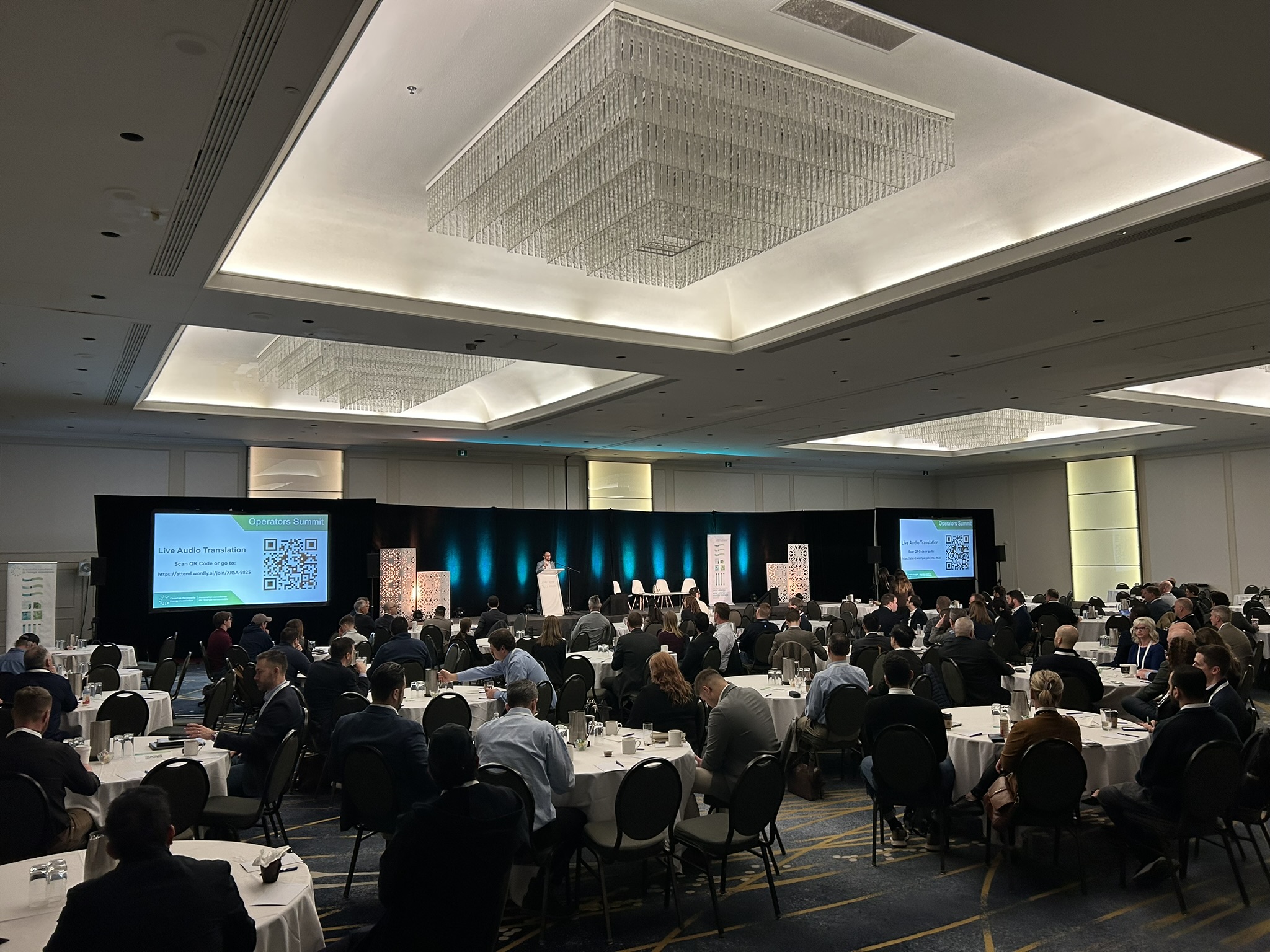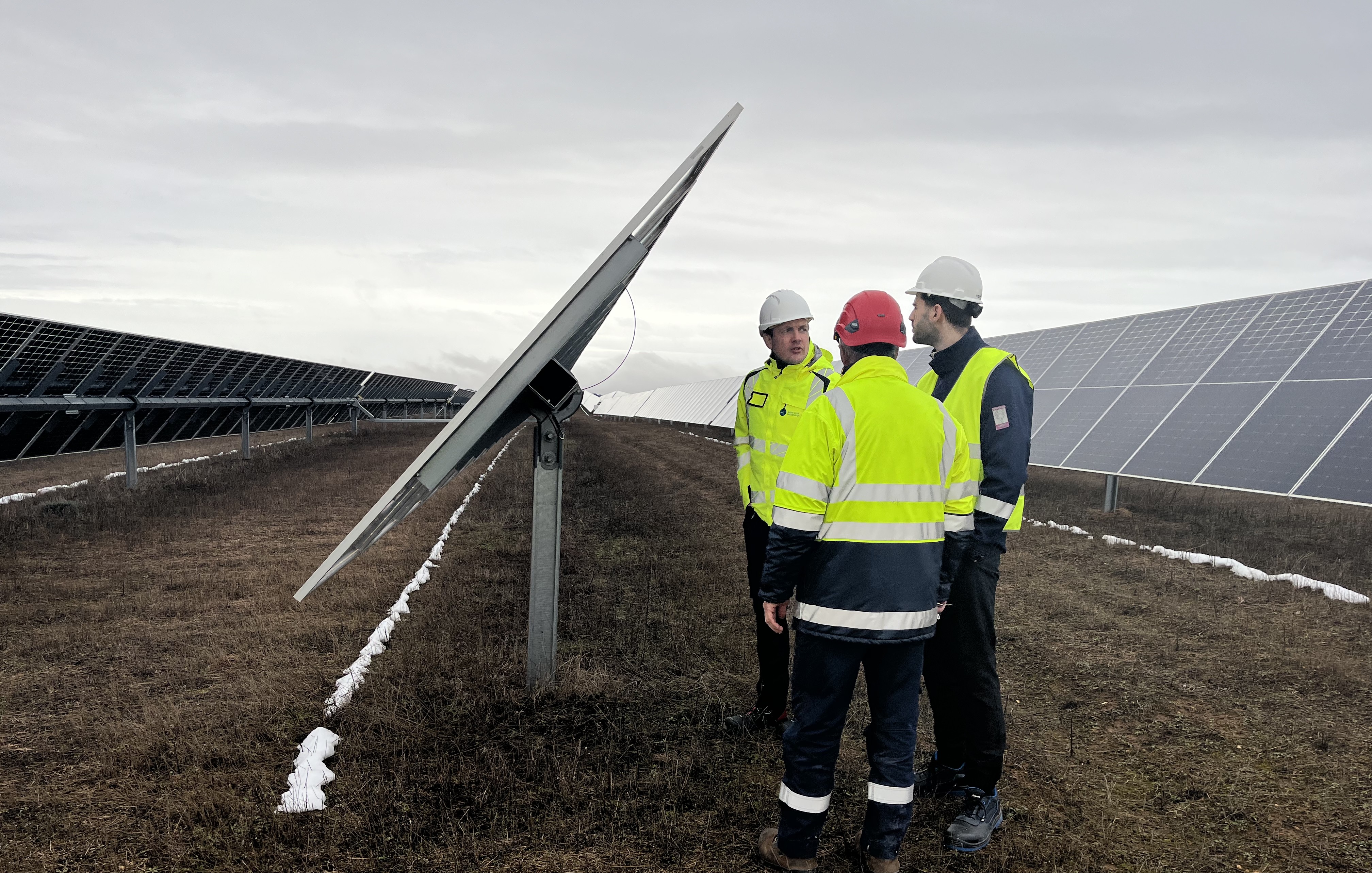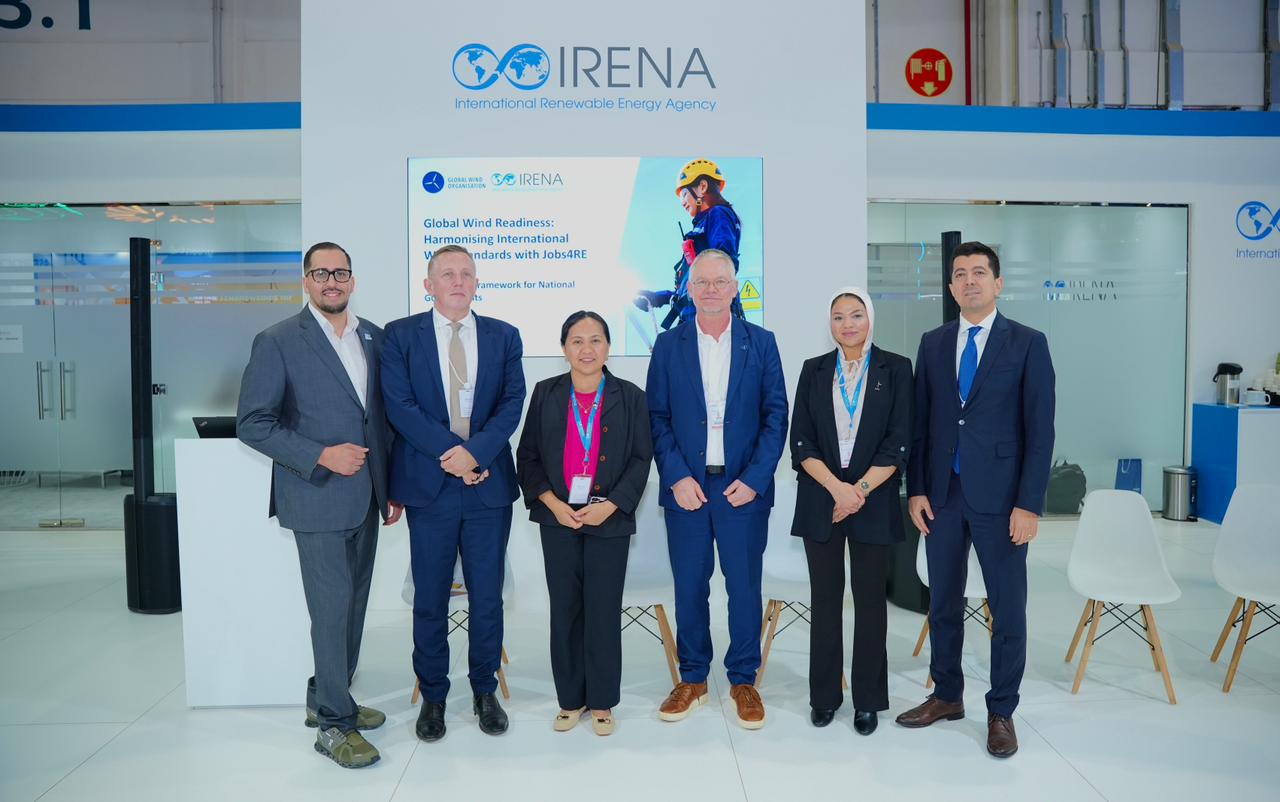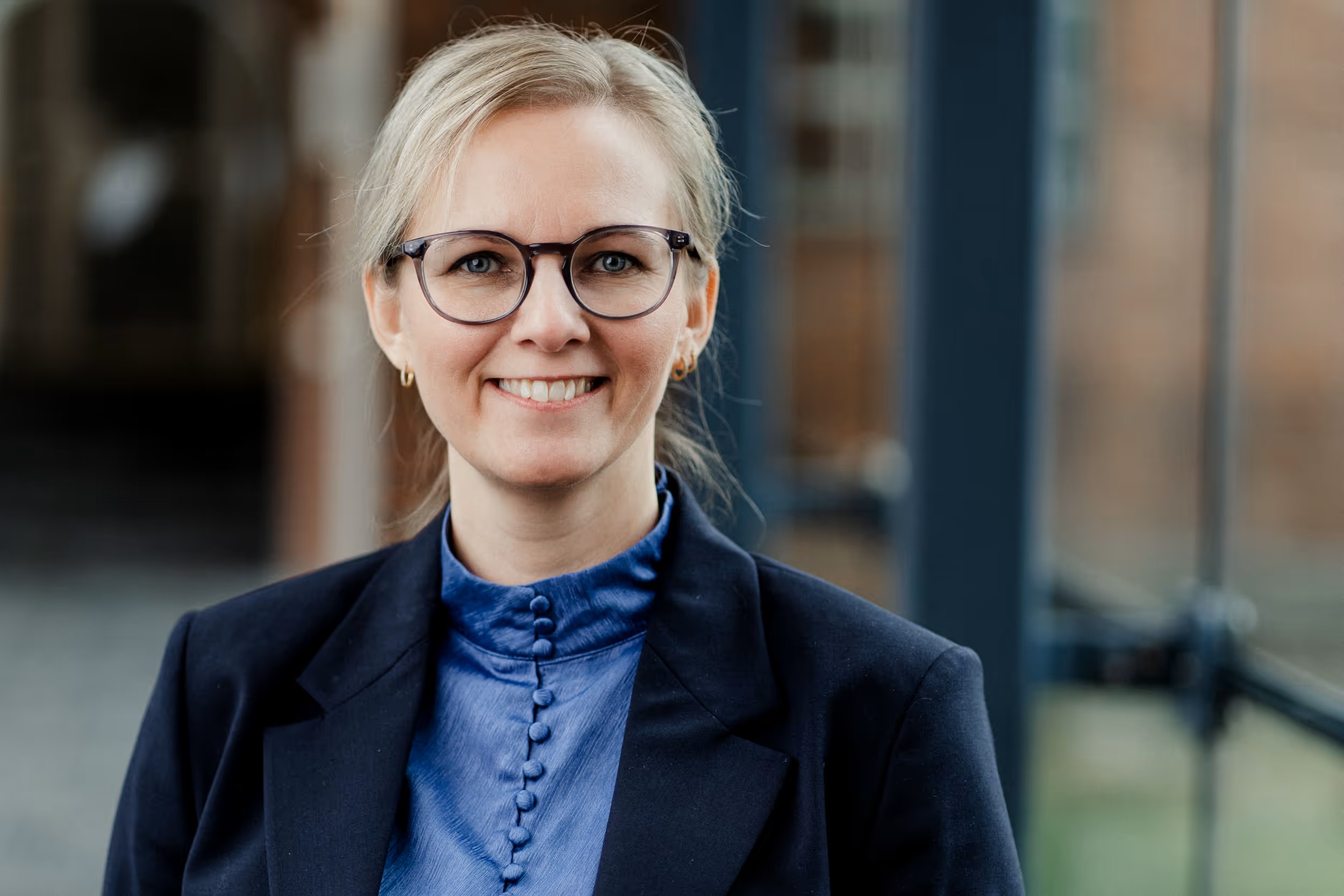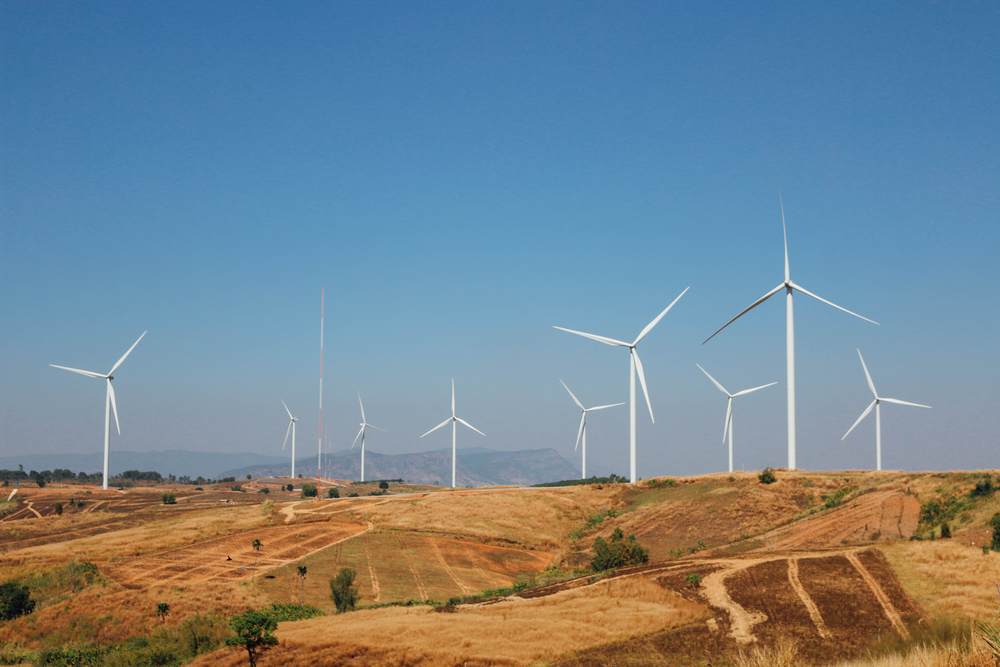Windpower Brazil has safety at its heart
Safety is an investment in people, not a cost, say Brazilian training providers
The Brazilian Windpower market is amongst the world's largest, eclipsing Canada in terms of MW in operation. Estimates from the country's trade association ABEEolica suggest up to 300,000 people will be working in Brazilian windpower by 2023.
As part of its commitment to engage globally and facilitate the adoption of standards in emerging markets, GWO was invited by Global Wind Energy Council (GWEC), organisers of Windpower Brazil 2019, to convene a panel discussion on the future direction of safety training in this vast country.
Michel Colombo, Safety Engineer HSE at Vestas; Eduardo Wissman, founding director of ProAltitude and David Montiero Paes, Key Account Coordinator at Maersk Training Brazil, joined GWO Head of Communications, Ralph Savage and moderator Marcello Neris of Abendi for the debate which covered topics including; Why do GWO member companies want Brazilian workers to be GWO trained and what are the benefits for employers and workers?

Michel Colombo revealed that since its adoption of GWO training for workers in 2017, the company had experienced a fall in Total Recordable Injury Rate (TRIR). He added that this was an ongoing trend, but the positive change had been noticeable.
Eduardo Wissman, founder of Brazil's first GWO certified training provider ProAltitude, drew parallels between the windpower industry and telecoms; both sectors grew quickly and saw workers exposed to safety risks where good safety training could prevent injuries. He added that the difference today as opposed to 20 years ago when mobile telecoms experienced its first infrastructure boom is that wind power has an advantage, through GWO, of a standard that everyone can recognise. "Safety is an investment in people, not a cost," he told the audience.
David Filipe Hansen Montiero Paes, confirmed how Brazil's geography will make solutions like mobile training and onsite training a necessary means of delivering GWO in regions such as its North East, where the majority of installations are concentrated.
GWO will be supporting GWEC's programme of global conferences in the coming months, to provide guidance and answer questions about how standards can be adopted into emerging markets.
